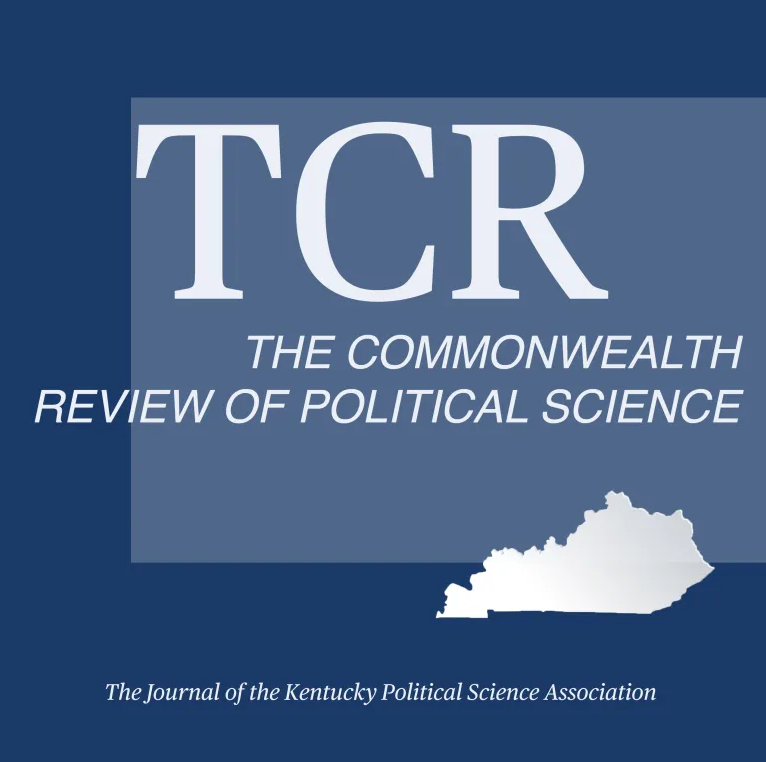Commonwealth Review of Political Science

Abstract
This paper analyzes the ways that United States foreign policy is depicted in two prominent current television programs: House of Cards and Madam Secretary. Both of these programs have had frequent plots in which the fictional foreign policy of the U.S. deals with issues very similar to those that the United States has actually confronted in recent years. Examples include nuclear proliferation negotiations with Iran and U.S. concern over anti-gay legislation in Russia. Several of these fictional stories are analyzed here to consider how processes and policies of the U.S. are portrayed. Madam Secretary does much more to demonstrate the give and take among executive and legislative branch actors that result in foreign policy, while House of Cards shows the president as dominant. Neither program fits very well into the realist paradigm of international relations; Madam Secretary fits the liberal idealist model well in most regards. Both shows include commentary on specific U.S. foreign policy issues, such as the House of Cards’ criticism of the Russian legislation and Madam Secretary’s endorsement of negotiation with Iran.
Recommended Citation
Heyrman, John
(2021)
"Fictional Foreign Policy: How Madam Secretary and House of Cards Depict United States Foreign Policy.,"
Commonwealth Review of Political Science: Vol. 5:
No.
1, Article 2.
DOI: https://doi.org/10.61611/2994-0044.1036
Available at:
https://digitalcommons.murraystate.edu/crps/vol5/iss1/2
Included in
History Commons, Political Science Commons, Psychology Commons

